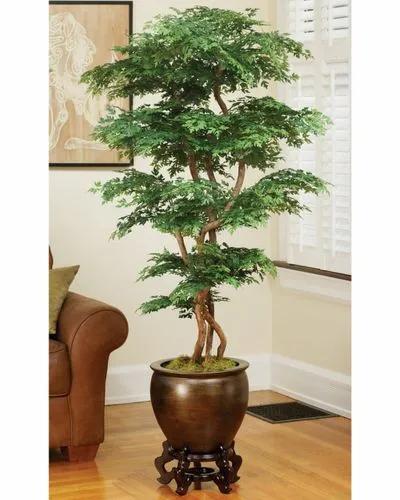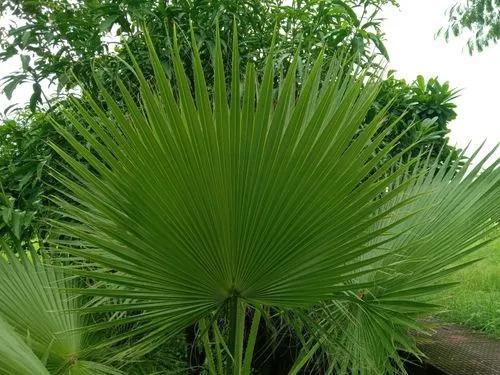Lycopodium clavatum is a spore-bearing vascular plant, growing mainly prostrate along the ground with stems up to 1 m (39 in) long; the stems are much branched, and densely clothed with small, spirally arranged microphyll leaves. The leaves are 3–5 mm long and 0.7–1 mm broad, tapered to a fine hair-like white point.
Common Club Moss Care
Lycopodium Clavatum



The spores of this moss, "lycopodium powder", are explosive if present in the air in high enough densities. They were used as flash powder in early photography and magic acts.
How to Care for the Plant

Water

To keep your moss healthy, simply mist the plant regularly and give it a good watering about twice a week. And be sure to use filtered water as opposed to tap, since tap water can contain too much chlorine and might turn your mosses brown.

Fertilizer

Apply a balanced liquid fertilizer monthly.

Sunlight

Full sun, partial shade.

Soil

A soil composed of peat moss, loam, or sand, or any soil mixture with good drainage can be used. The soil should not be overly fertile.

Temperature

Provide good air circulation, with temperatures between 65 (18 °C) to 75 F (23 °C) and nighttime temperatures between 50 t(10°C) to 60 F (15 °C).

Additional

Moss itself is harmless. It does not produce any dangerous spores or fumes, it contains no poisons or irritants and it lacks the mass to physically damage any structures, including roof shingles. The danger of moss lies in its ability to retain moisture.

Popularity

49 people already have this plant 13 people have added this plant to their wishlists
Discover more plants with the list below
Popular articles






